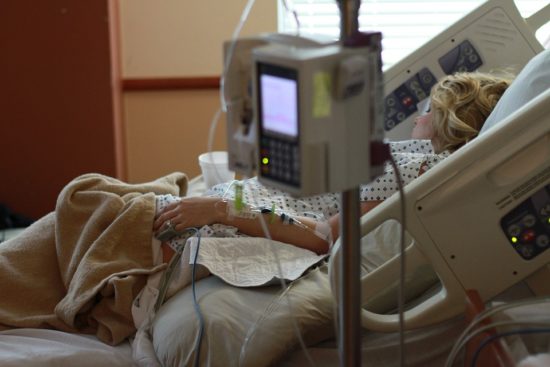Gram-negative bacterial bloodstream infections in cancer patients: a study of epidemiological trends and antibiotic susceptibility
A study from Ankara Bilkent City Hospital (2019–2023) examined 569 Gram-negative bloodstream infections (BSIs) in 435 cancer and hematology patients. The most common pathogens were E. coli (40.6%), Klebsiella spp. (28.8%), and Pseudomonas spp. (9.1%). Alarmingly, 47.7% of isolates were multidrug-resistant (MDR) and 26.7% produced extended-spectrum beta-lactamase (ESBL).
Resistance levels were particularly high for Klebsiella spp. (56.1% MDR; 27.4% carbapenem-resistant) and Acinetobacter spp. (56.5% MDR; 52.2% carbapenem-resistant). Meropenem susceptibility remained relatively high for E. coli (93.4%) but was notably lower for Klebsiella (79.1%) and Pseudomonas (72.9%).
The findings reveal a worrying burden of MDR and carbapenem-resistant Gram-negative infections in immunocompromised cancer patients, emphasizing the urgent need for stronger antimicrobial stewardship, revised treatment guidelines, and novel therapeutic options.
AMR NEWS
Your Biweekly Source for Global AMR Insights!
Stay informed with the essential newsletter that brings together all the latest One Health news on antimicrobial resistance. Delivered straight to your inbox every two weeks, AMR NEWS provides a curated selection of international insights, key publications, and the latest updates in the fight against AMR.
Don’t miss out on staying ahead in the global AMR movement—subscribe now!






